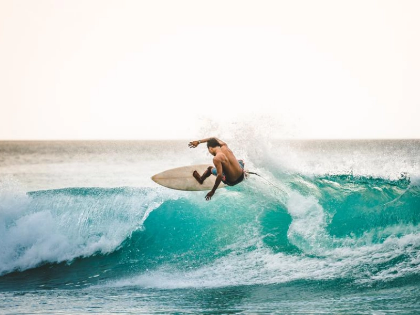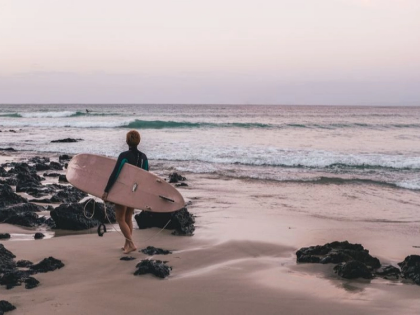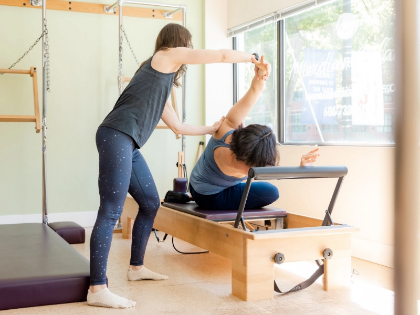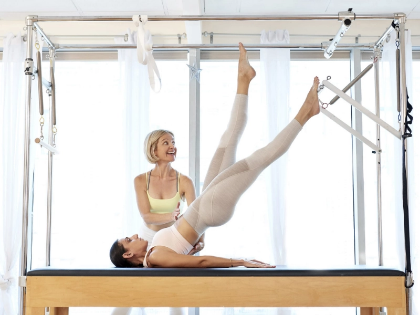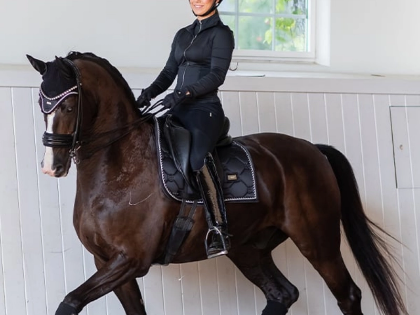Tips for Safe Diving: Maintaining Your Underwater Protection
You have to always dive within your limits as a diver. You have to follow certain maximum depths depending on your certification level. Don't smoke or consume alcohol before a dive, and be truthful while filling out your diving medical surveys. These elements raise your chance of developing bends, or decompression sickness.
Refrain from touching others.
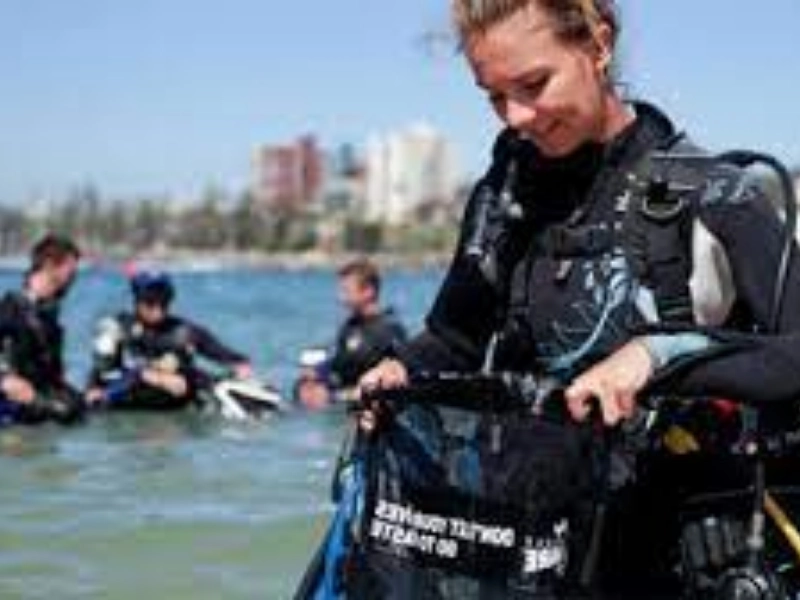
Keep Your Hands Off Marine Life
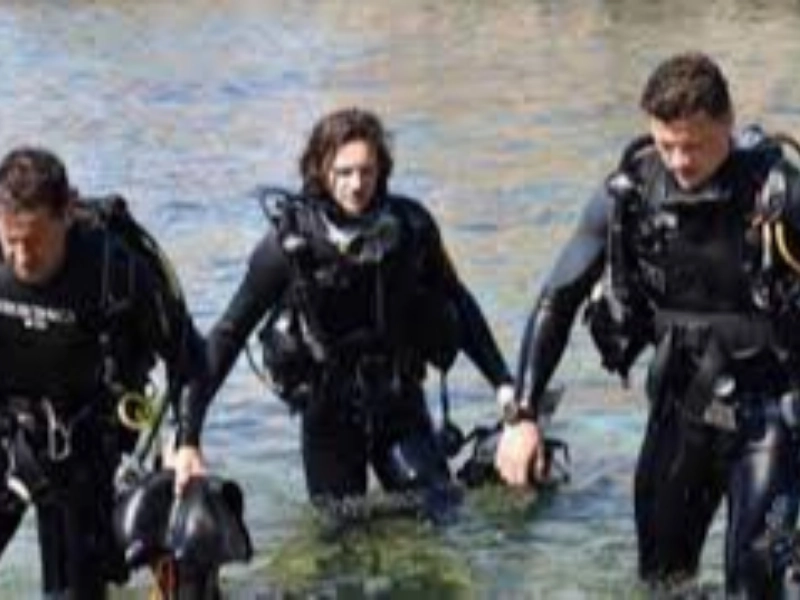 Marine life, including fish, turtles, and octopuses, should only be seen and not touched. Human injuries and damage to marine life can result from touching or prodding them.
Even stirring up silt can be harmful. Coral reefs may be choked by it, which could hinder their development and capacity to take in sunlight. It may also make it harder for other divers to see you.
Furthermore, handling certain marine creatures like urchins and stingrays might result in a painful sting. Animals that are pursued may become stressed out and change how they behave naturally. It could be challenging for other divers to spot them if they hide or depart the area. The chase can potentially do them harm.
Marine life, including fish, turtles, and octopuses, should only be seen and not touched. Human injuries and damage to marine life can result from touching or prodding them.
Even stirring up silt can be harmful. Coral reefs may be choked by it, which could hinder their development and capacity to take in sunlight. It may also make it harder for other divers to see you.
Furthermore, handling certain marine creatures like urchins and stingrays might result in a painful sting. Animals that are pursued may become stressed out and change how they behave naturally. It could be challenging for other divers to spot them if they hide or depart the area. The chase can potentially do them harm.
Avoid Climbing Quicker Than Your Bubbles
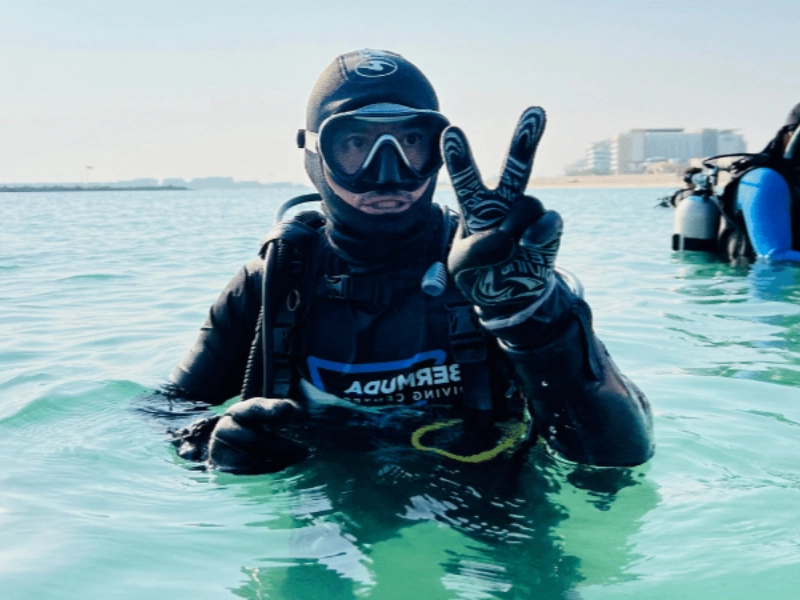 Even though this is obvious sense, you might be surprised at how many scuba divers overlook this crucial guideline. Overshooting might result in emergency ascents and decompression sickness.
Check your pressure gauge often and make sure you have enough air left for your climb. To help with emergency ascents, you should also dive with a partner and carry a surface-marking buoy.
At the conclusion of each dive, it is advised that you perform a three- to five-minute safety stop at five meters. Your body can off-gas during these breaks, lowering your chance of experiencing decompression sickness. Additionally, keep in mind that it's never worth risking safety in order to save time. Descend slowly and take your time.
Even though this is obvious sense, you might be surprised at how many scuba divers overlook this crucial guideline. Overshooting might result in emergency ascents and decompression sickness.
Check your pressure gauge often and make sure you have enough air left for your climb. To help with emergency ascents, you should also dive with a partner and carry a surface-marking buoy.
At the conclusion of each dive, it is advised that you perform a three- to five-minute safety stop at five meters. Your body can off-gas during these breaks, lowering your chance of experiencing decompression sickness. Additionally, keep in mind that it's never worth risking safety in order to save time. Descend slowly and take your time.
Remain with your guide and buddy.
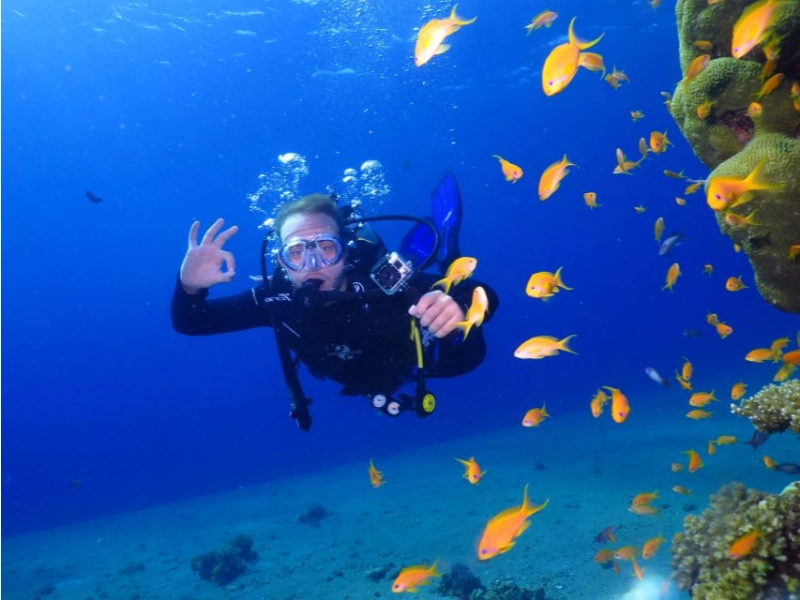 Maintaining close physical or visual contact with your friend is crucial. By doing this, you'll be able to keep up your air supply without pushing yourself too much.
Make sure you and your diving partner have agreed upon a dive plan and underwater communication protocol (such as touching shoulders). This involves talking about and deciding on your bottom times and maximum depths.
It's also a good idea to check in with your friend and give them a quick glance, particularly if you notice anything interesting that they might not have noticed. This will make it more likely that they won't overlook it! Learning the hand signals to indicate that you are running low on air and would like to terminate your dive will also be a good idea.
Maintaining close physical or visual contact with your friend is crucial. By doing this, you'll be able to keep up your air supply without pushing yourself too much.
Make sure you and your diving partner have agreed upon a dive plan and underwater communication protocol (such as touching shoulders). This involves talking about and deciding on your bottom times and maximum depths.
It's also a good idea to check in with your friend and give them a quick glance, particularly if you notice anything interesting that they might not have noticed. This will make it more likely that they won't overlook it! Learning the hand signals to indicate that you are running low on air and would like to terminate your dive will also be a good idea.
Maintain Eye Contact
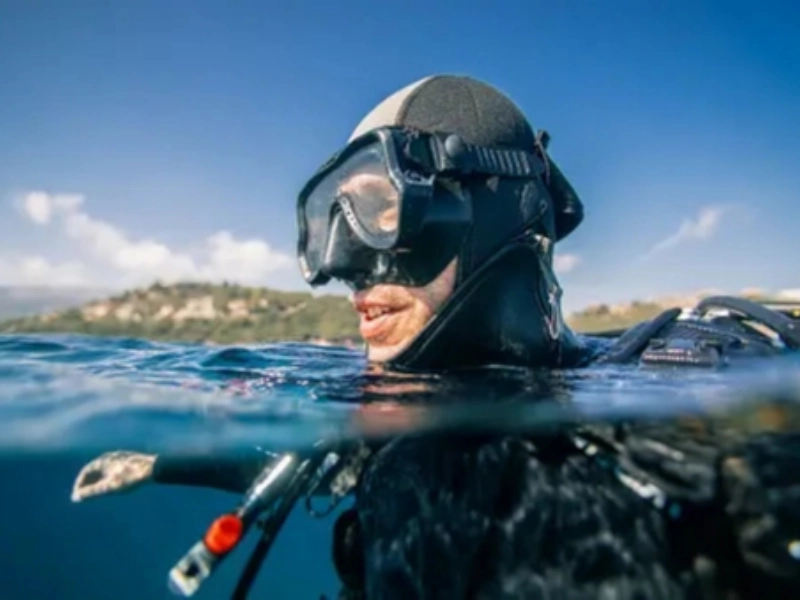 Ototoxic shock to the ears is the most frequent diving injury. Pressure variations are the source of this, which can be prevented by equalising your mask and ears before diving.
It is crucial that you remain with your friend and mentor. This will help you find your way back if you should become lost underwater and is done to ensure safety. It's a good idea, as a general rule, to search for your friend for a minute before going to the surface in hopes of finding them again.
It's also crucial to stick to your dive plan at all times and confine your exploration to what you can handle. By doing this, you'll be safe and avoid problems like decompression sickness.
Ototoxic shock to the ears is the most frequent diving injury. Pressure variations are the source of this, which can be prevented by equalising your mask and ears before diving.
It is crucial that you remain with your friend and mentor. This will help you find your way back if you should become lost underwater and is done to ensure safety. It's a good idea, as a general rule, to search for your friend for a minute before going to the surface in hopes of finding them again.
It's also crucial to stick to your dive plan at all times and confine your exploration to what you can handle. By doing this, you'll be safe and avoid problems like decompression sickness.
Maintain Your Head Above Water
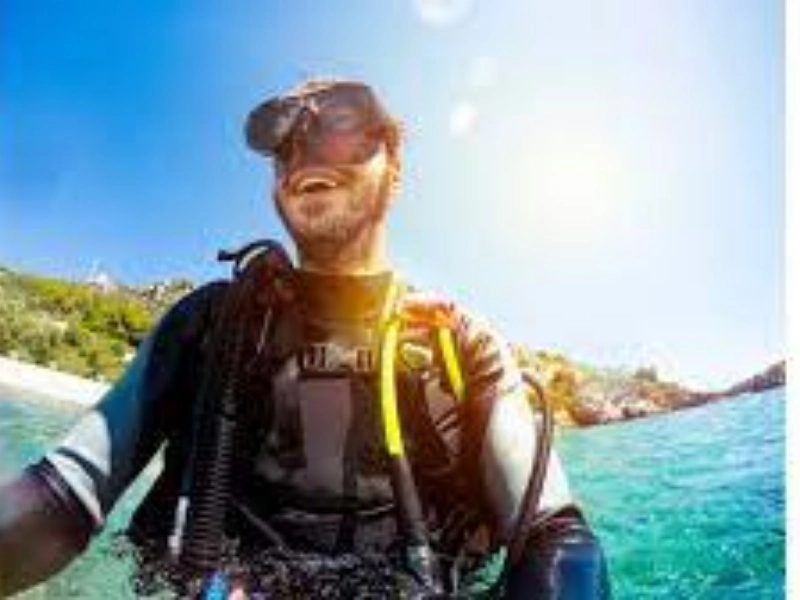 Recall the well-known maxim, "Dive your plan, and plan your dive." As per your certification level, be careful to adhere to your maximum depth limitations. Watch the tides and look for beach flags and signs that change colour to signify dangerous or safe waters.
Accurate buoyancy control is a critical ability that every scuba diver has to have. It makes sure you don't go too fast towards the surface. Lung overexpansion injuries and decompression sickness are frequently caused by this. This is also the reason it's imperative that you always make a safety stop at the end of each dive. Always descend gently, and keep an eye on your ascent rate with a dive computer.
Recall the well-known maxim, "Dive your plan, and plan your dive." As per your certification level, be careful to adhere to your maximum depth limitations. Watch the tides and look for beach flags and signs that change colour to signify dangerous or safe waters.
Accurate buoyancy control is a critical ability that every scuba diver has to have. It makes sure you don't go too fast towards the surface. Lung overexpansion injuries and decompression sickness are frequently caused by this. This is also the reason it's imperative that you always make a safety stop at the end of each dive. Always descend gently, and keep an eye on your ascent rate with a dive computer.

